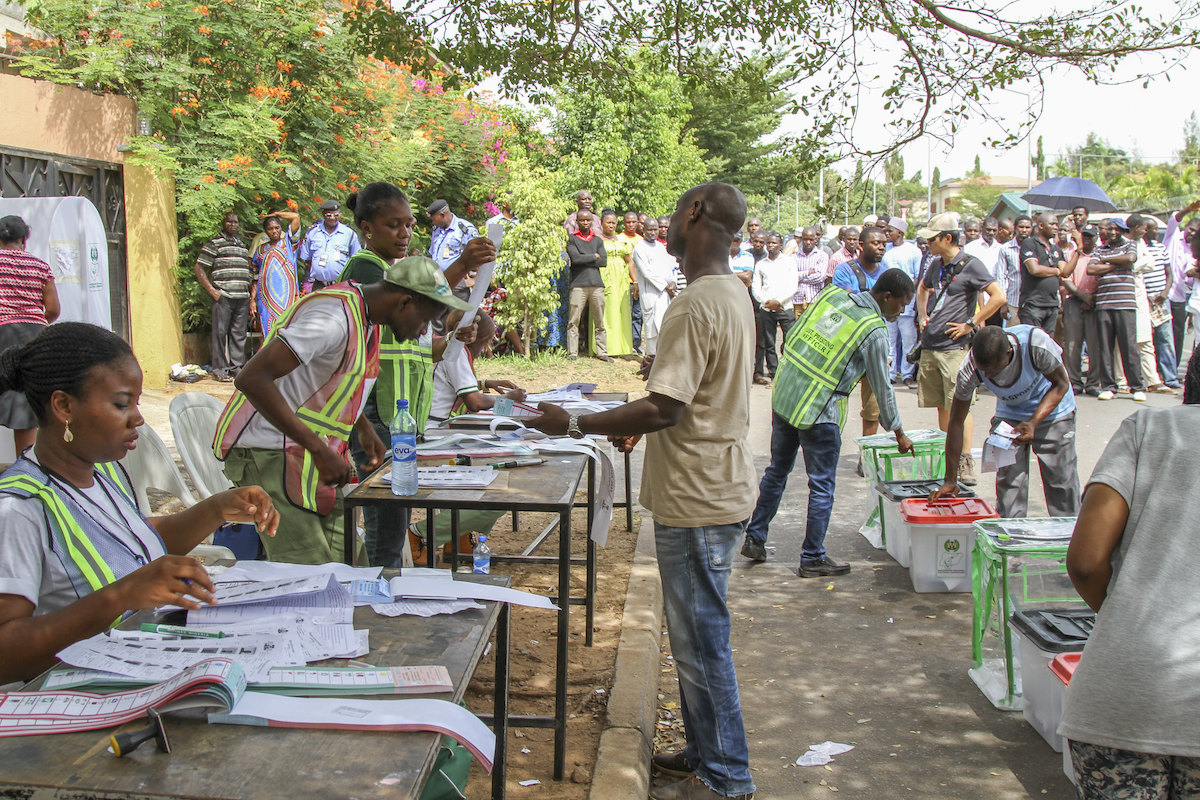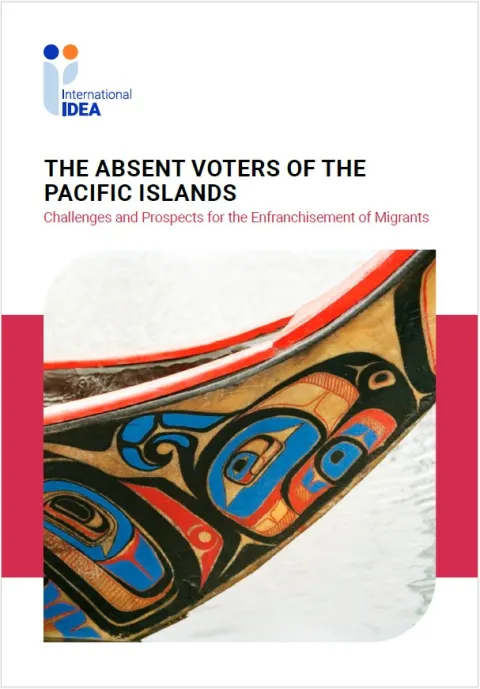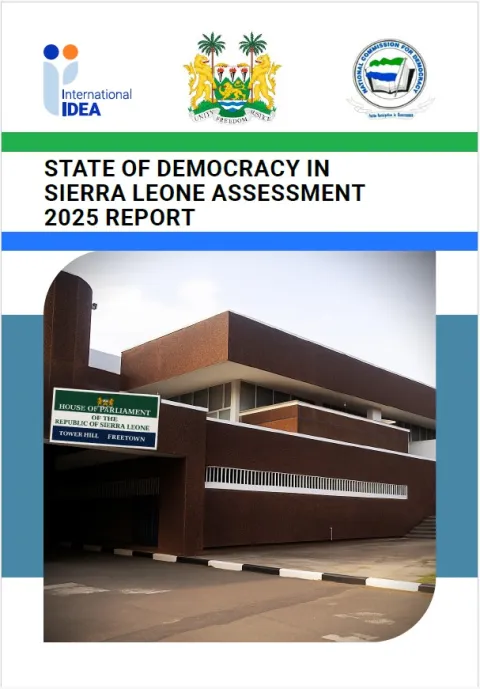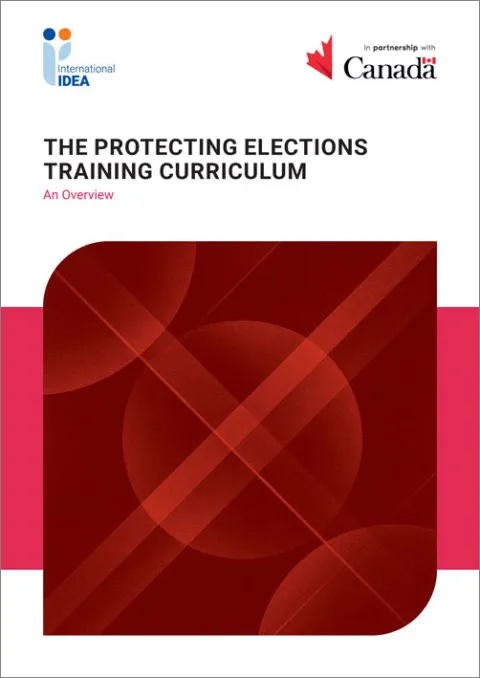Electoral Justice
An effective electoral justice system is a key element in the unfolding of a free, fair and genuine democratic process.
Without a system to mitigate and manage inequality or perceptions of inequality, even the best management of an electoral process may lead to mistrust in the legitimacy of the elected government.
This Handbook examines the concept of electoral justice and how to prevent electoral disputes. Using examples from countries such as Afghanistan, Argentina, Bhutan, Bosnia and Herzegovina, Brazil, Burkina Faso, France, Indonesia, Japan, Mexico, the United Kingdom and the United States, it will assist any country with the design and implementation of an electoral justice system that best suits their situation.
Details
Related databases & tools
Contents
Foreword
Preface
Acknowledgements
Acronyms and abbreviations
Chapter 1. Introduction
Chapter 2. Electoral justice and other related concepts
Chapter 3. Prevention of electoral disputes
Chapter 4. EDR mechanisms
Chapter 5. A general classification of EDR systems
Chapter 6. Principles and guarantees of EDR systems
Chapter 7. Basic elements of EDR systems
Chapter 8. Alternative EDR mechanisms
Annexes
Index
Give us feedback
Do you have a question or feedback about this publication? Leave us your feedback, and we’ll get back to you
Send feedbackElectoral Justice
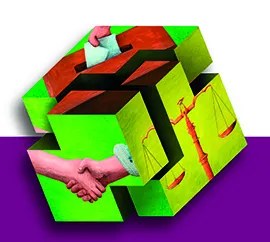
| Total views | 2267 |
|---|---|
| Downloads | 7 |
| Rating |
Related databases & tools
Give us feedback
Do you have a question or feedback about this publication? Leave us your feedback, and we’ll get back to you
Send feedback